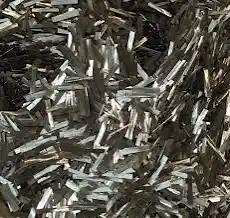3. Skid Pan Tiles
In 1979, the Automotive Research Association of England tested Cast Basalt Skid Pan tiles at their track, confirming their suitability for automotive safety testing over six years. Today, the automotive industry globally uses these specially designed tiles in low-friction test facilities, including in India. BMW's Cast Basalt tiles are widely accepted for their durability and smoothness. Available in polished or unpolished forms, they maintain surface smoothness due to high wear resistance. Standard dimensions are 200x200mm with thicknesses between 25mm to 40mm, with curved options for circular tracks.
4. Cast Basalt Lined Equipment
With our innovative approaches, we have established ourselves as a reliable manufacturer of Cast Basalt in Ash Pipeline Bends. These bends find wide usage in various areas such as pipelines for hydraulic, chemicals, electric power, mining, metallurgy, coal, and many more. Cast Basalt Liners have outstanding corrosion and abrasive resistance; as a result, they easily withstand high working pressures. Enclosed with cement mortar inside metal pipes, the liners prevent inner wall of the pipes from early wearing. Moreover, flexible Joints of our Ash Pipeline facilitate quick fitting & connection and smoothness in performance.
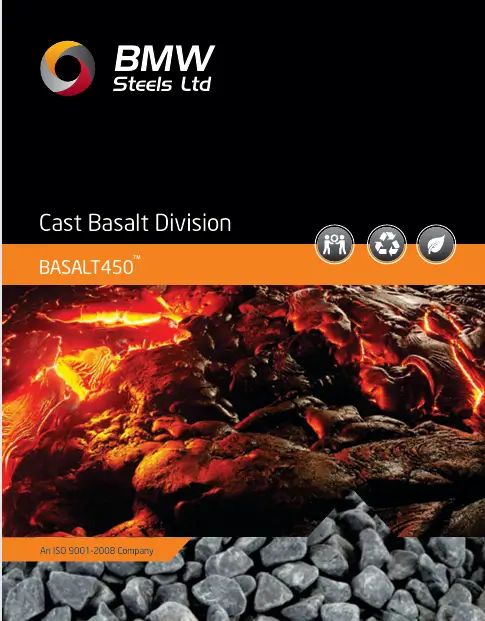
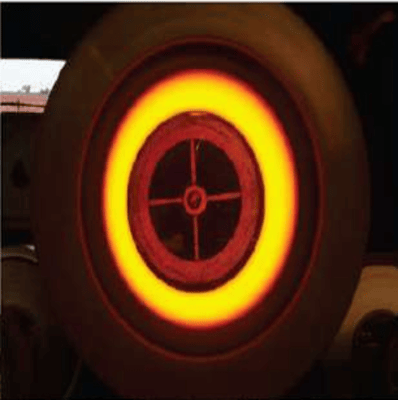
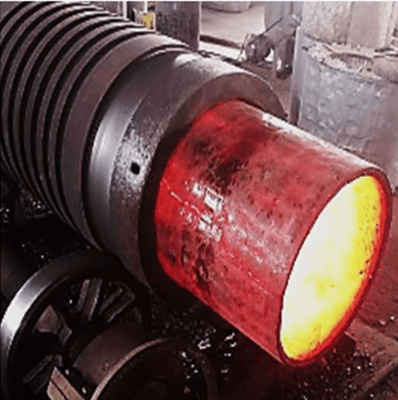
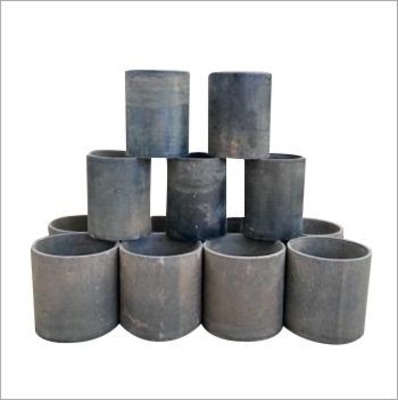
.png)
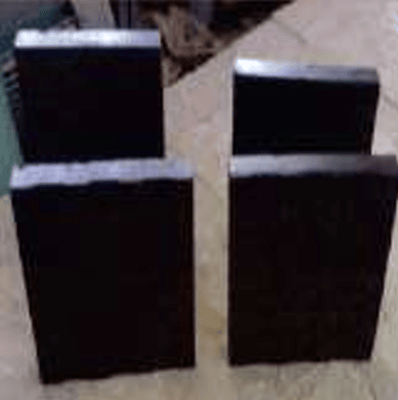
.png)
.png)
.png)
.png)
.png)
.png)
.png)
.png)
.png)
.png)
.png)
.png)
.png)
.png)
.png)
